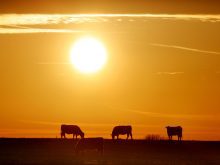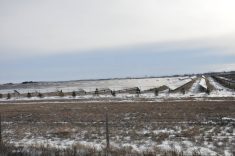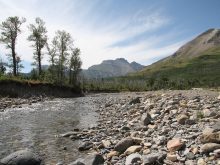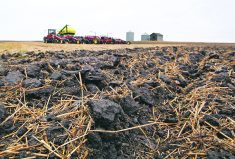Last May, the Canadian farm group National Farmers Union submitted a detailed response to the Canadian government’s earlier report, Draft Greenhouse Gas Offset Credit System Regulations.
The 23-page reply by the NFU was as shocking in its brevity as it was bold in its central tenet: “For the next two decades,” NFU strongly urged, the nation should “shelve offset credit systems and emissions trading… and instead focus on actually reducing fossil fuel combustion and emissions.”
Read Also

High prices see cow-calf producers rushing to incorporate
Farm accountants are reporting a steady stream of cow-calf producers rushing to get their operations incorporated ahead of selling their calves this fall.
The report said that according to expert analyses, offset systems should not be first-line measures and should only be deployed “after we achieve deep reductions in actual greenhouse gas (GHG) emissions….”
The bluntness of a national farm group saying what almost every soil and climate scientist knows to be true is refreshingly honest. Any immediate, measurable impact farmers and ranchers anywhere might have on climate change will not be tied to building manure digesters on 5,000-cow dairies or nudging no-till corn acres a few percent in the coming decade.
Instead, every farm and ranch must be “reducing fossil fuel combustion and emissions” today.
The NFU doubled down on its position in late March when it published a first-of-its-kind “comprehensive assessment of agricultural greenhouse gas emissions in Canada.” The report again strongly supported reduction.
The “assessment,” done by Darrin Qualman, a long-time NFU researcher and self-described “civilizational critic,” shows that carbon emissions by Canadian agriculture grew from 67 million tonnes in 1990 to 84 million tonnes in 2019. That rise, however, masks two untracked sources — one good, one bad — of CO2 in Canadian agriculture.
First, “emissions from nitrogen fertilizer production and use have nearly doubled since 1990,” and, if current trends continue, will “nearly double again by 2050.”
In 2019, CO2 emissions “related to nitrogen fertilizer” were 22 million tonnes, or more than one-quarter of Canadian agriculture’s total CO2 emissions. Few folks saw that coming.
Second, neither did anyone ever quantify how a massive shift in Canadian agriculture, the two-prong move away from nearly all tillage, improved carbon sequestration. In short, the near-total adoption of no-till by Canadian farmers since 1990 sequestered an estimated 13 million tonnes of CO2 in 2019.
That’s remarkable.
It’s also not enough, Qualman said in a telephone interview, “because Canada’s ag emissions continue to climb.
Right now, our farmers and ranchers offset only about seven percent of what all agriculture — from cattle to fertilizer dealers — emit, or less than one percent of the greenhouse gas emissions for all of Canada.”
To some, that might sound like a lot of bluesky for improvement?
“Not really,” says Qualman, “because the basic math doesn’t work. If you’re sequestering six million tonnes (of CO2) a year and emitting 84 million tonnes, you’d be a net buyer of carbon credits, not a net seller, right?”
Right, if you’ve done the honest math of the actual problem.
In fact, if climate change requires all net CO2 emitters to cut output, farmers from Canada to Colombia to China would be net buyers of carbon credits, not net sellers. That’s just a fact, says the only ag energy analyst I know to have ever done the math for a country’s agriculture.
Despite the fact that “we’re running with scissors,” Qualman is optimistic that the world can avoid total climate disaster.
“If we repurposed our industrial capacity for, say, three or four years of World War Two-style commitment, we could rapidly change our climate trajectory — rapidly.”
The question isn’t if we can do it; the question, he offers, is if we have the courage to try.
Alan Guebert is an agricultural commentator from Illinois.

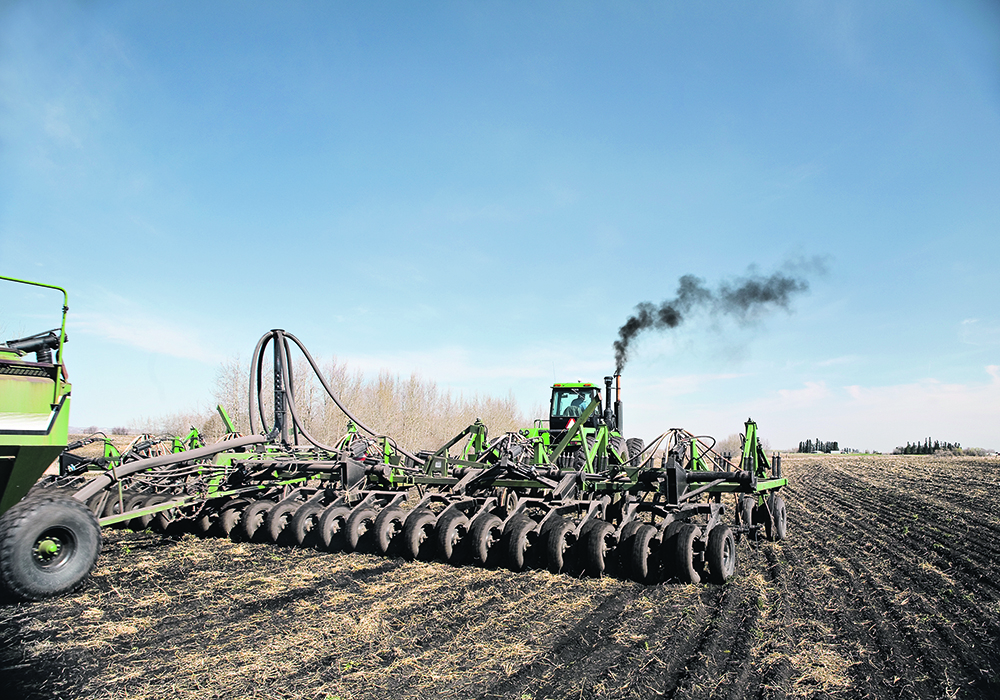

![Protesters crowd a street carrying signs that read, "Global warming real. In other news, water is wet," and "Stop denying the [blue painted pic of the Earth] is dying."](https://static.producer.com/wp-content/uploads/2025/07/29145152/158171_web1_2019-10-18T222818Z_1221762151_RC14C26A65A0_RTRMADP_3_CLIMATE-CHANGE-THUNBERG-1200-220x165.jpg)
